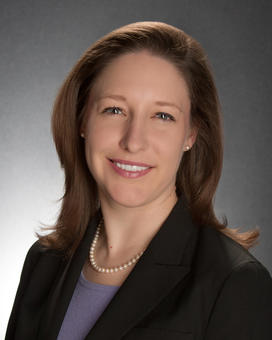TEDGlobal Fellow Susan Emmett ’05 Works to Fight Preventable Hearing Loss

Today, Emmett is an ear surgeon and public-health expert at Duke University who studies disparities in hearing health around the world. She also was recently named to the 2017 class of TEDGlobal Fellows, an international group of 21 researchers, experts, and advocates who will give talks at a conference in Tanzania next week.
Emmett says that returning to Tanzania for the TEDGlobal conference is “exciting and poignant” because her commitment to global health research and working with disadvantaged populations grew out of the transformative year that she spent there as a medical student.
She says her former Princeton roommate, Laura Smith ’05, had encouraged her to apply for the TEDGlobal fellowship. Emmett plans to use her trip to the TED conference to revisit the Tanzanian town where she lived and the hospital where she worked when she studied there years ago. Though she couldn’t discuss her embargoed speech, Emmett says she will talk about her research and work in the field.
According to Emmett, there are an estimated 1.1 billion people worldwide living with hearing loss, and over 80 percent of those people live in low- and middle-income countries. Those countries also have little to no access to hearing health care.
Her research is focused on reducing those disparities around the world. Emmett tries to understand why hearing loss is more common in certain areas, and what can be done to prevent it. She also tries to expand access to treatment. Emmett is currently leading a randomized trial in rural Alaska to study early detection and treatment of childhood hearing loss. She plans to spend the month of October flying from village to village performing hearing screenings for the project.
Emmett studied molecular biology and policy through the Woodrow Wilson School while she was an undergraduate. She says the interdisciplinary studies helped her learn the value of maintaining a policy perspective in scientific research.
“Ultimately, my goal is to better the lives of children around the world who are experiencing hearing loss,” Emmett explained in an email to PAW. “To accomplish this, I am always thinking one step beyond our current projects to critically evaluate knowledge gaps that still need to be addressed in order to make change.”











No responses yet